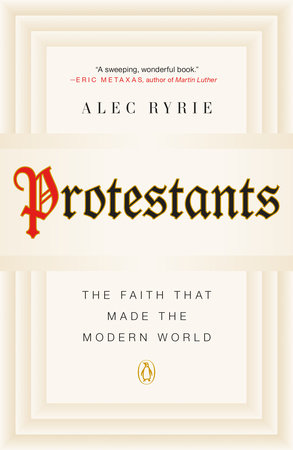For the Glory
By Duncan Hamilton (Penguin Random House)
Read some biographies, and the life story of the subject seems too good to be true. However, a rare few individuals are so indisputably good, the truth of their noble lives remains unmistakable. Eric Liddell fits the latter category.
 Many Americans know Liddell only as the hero of Chariots of Fire, the 1981 Academy Award-winning motion picture best known for its stirring theme song. The movie focused on how Liddell, a devout Christian, refused to violate his principles regarding Sabbath-keeping by competing on a Sunday at the 1924 Olympics in Paris in the 100-meter race, which he was favored to win. Instead, he ran in the 400-meter race, winning a gold medal. Everything that followed of Liddell’s life was summarized in two sentences on the screen at the movie’s end: “Eric Liddell, missionary, died in occupied China at the end of World War II. All of Scotland mourned.”
Many Americans know Liddell only as the hero of Chariots of Fire, the 1981 Academy Award-winning motion picture best known for its stirring theme song. The movie focused on how Liddell, a devout Christian, refused to violate his principles regarding Sabbath-keeping by competing on a Sunday at the 1924 Olympics in Paris in the 100-meter race, which he was favored to win. Instead, he ran in the 400-meter race, winning a gold medal. Everything that followed of Liddell’s life was summarized in two sentences on the screen at the movie’s end: “Eric Liddell, missionary, died in occupied China at the end of World War II. All of Scotland mourned.”
In For the Glory, accomplished sportswriter Duncan Hamilton devotes less than one-third of the book to events surrounding the 1924 Olympics. Rather, he devotes more than two-thirds to stories of Liddell’s unselfish missionary service in rural China and to his time as a prisoner at the Japanese-run Weihsien Internment Camp in Shandong, China. Before the Japanese occupied China, Liddell put his pregnant wife and children on a boat to Canada, and he remained at his missions post. As a missionary and as a prisoner, Liddell lived for the service of others, giving all he had—possessions, time, energy and inspiration.
Hamilton clearly shows why all who knew Liddell loved him. He held himself to rigorous standards and treated others with grace. Guided by the Sermon on the Mount, he prayed for the Japanese guards at Weihsien. The committed Christian who refused to race on the Sabbath for personal or national glory refereed Sunday-afternoon games at the internment camp to lift the spirits of young internees. The paragon of virtue who refused to cash in on his 1924 Olympic triumphs participated in the black market at Weihsien—never for his own benefit, but rather to secure essential supplies for those who he believed needed them more.
Liddell died at age 43 on Feb. 21, 1945—less than six months before the internment camp at Weihsien was liberated. Until a series of three strokes and an undiagnosed brain tumor left him incapacitated in his final days, he continued to minister to the needs of other prisoners.
Hamilton paints a compelling portrait of a great and good man. Liddell’s personality shines through, and it is easy to see why all Scotland and much of the United Kingdom mourned his death. It’s a wonder the whole world didn’t.
Ken Camp, managing editor
Sign up for our weekly edition and get all our headlines in your inbox on Thursdays
Baptist Standard














We seek to connect God’s story and God’s people around the world. To learn more about God’s story, click here.
Send comments and feedback to Eric Black, our editor. For comments to be published, please specify “letter to the editor.” Maximum length for publication is 300 words.